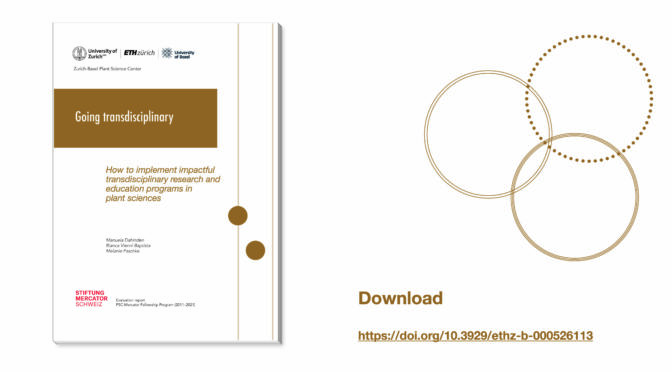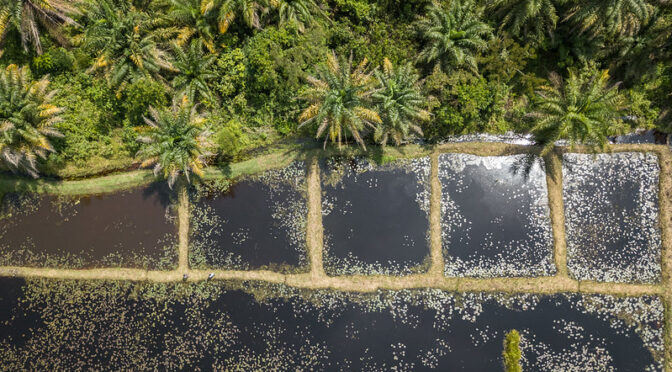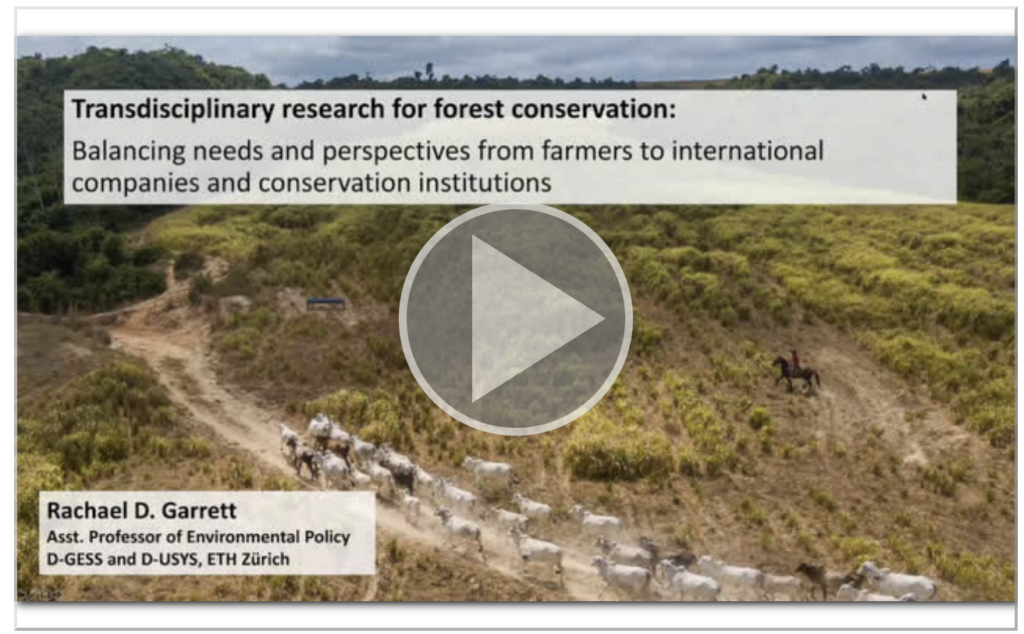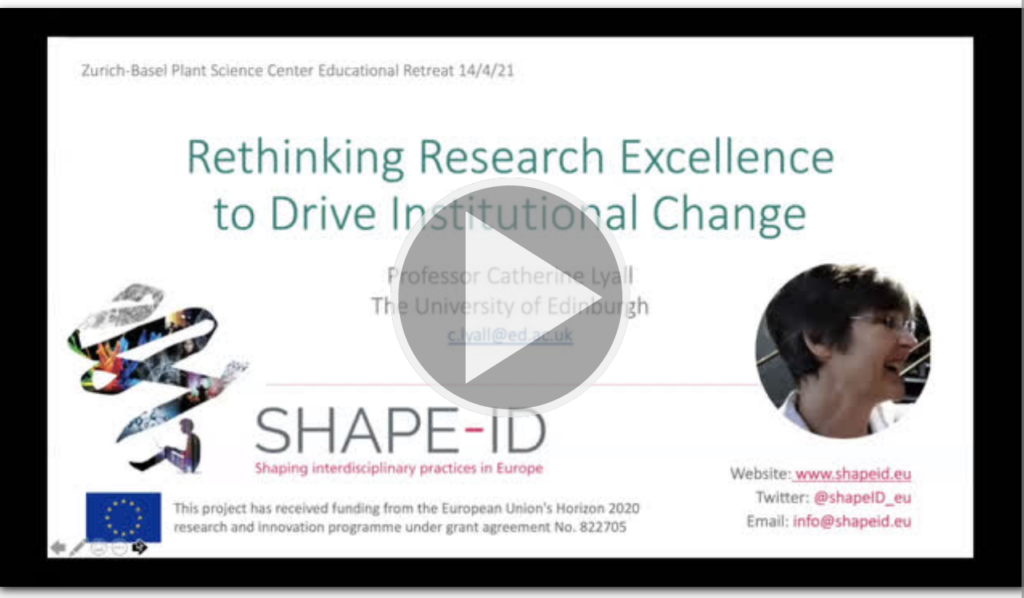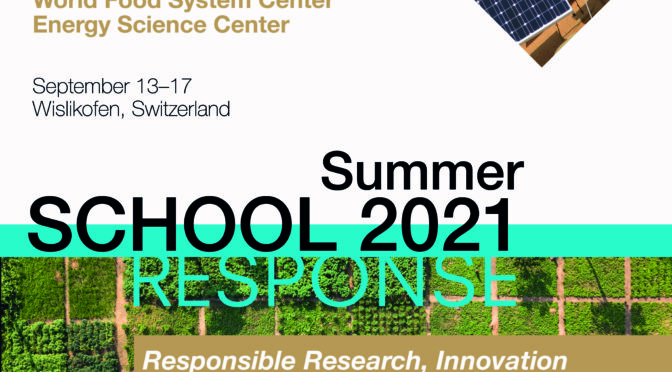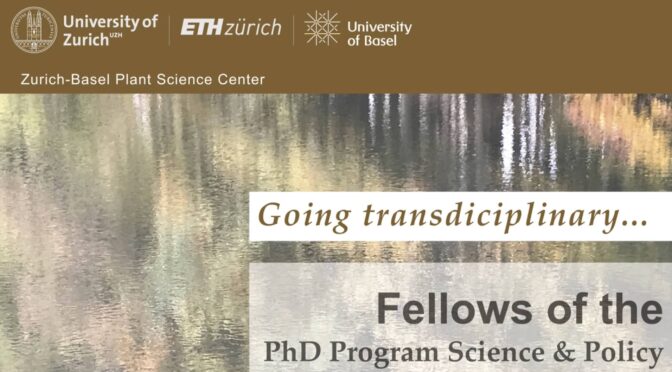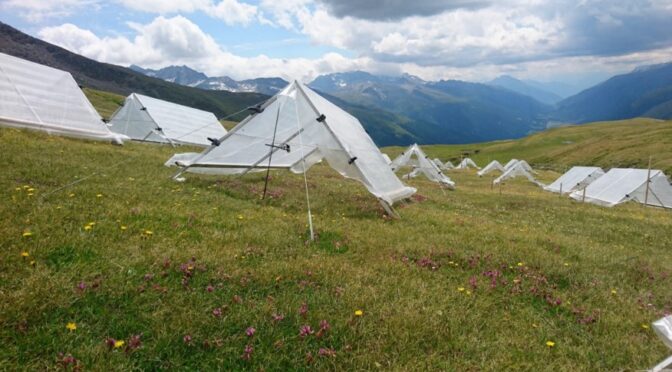Die Stiftung wissenschaftliche Politikstipendien vergibt per September 2022 zwei Politikstipendien für junge Wissenschaftlerinnen oder Wissenschaftler. Die Stipendien ermöglichen Abgängerinnen und Abgängern von Schweizer Hochschulen aller Fachbereiche und Disziplinen, die politischen Prozesse im Schweizer Parlament kennenzulernen. Für ein Jahr unterstützen Sie die Arbeit der Parlamentsdienste im Bundeshaus in Bern. Die Bewerbungsfrist läuft bis zum 15. März 2022. Weiter (externer Link)
Conclusions from 11 years of PSC-Mercator Fellowship Program
Download evaluation report: PDF
The Zurich-Basel Plant Science Center finished 11 years of successful cooperation with the Mercator Foundation Switzerland. 8 fellows finished their theses and generated welcome inputs for policymaking in biodiversity, land use and agriculture, climate change in the alpine areas, applying a new barcoding tool to trace illegal logging of rosewood or international emission policies linked to deforestation.
In spring 2021 the PSC has set out to evaluate its long-term efforts in the PSC-Mercator Fellowship Program. PSC now published a best-practice report addressing two main questions: (i) How effective has been the competence-oriented transdisciplinary teaching? (ii) What worked well and what can be improved? The aim was to identify: (i) the impact of the PSC graduate fellowship programs, and (ii) the implementation measures that may improve future programs.
Recommendations 2021-2024:
Capacity building Offer training in transdisciplinary methods and tools for PIs, too (Fishbowl, PSC Retreat, 2021). Consider cross-departmental research and training programs that increase visibility and transdisciplinary research capacity (Interview 1, 2021).
Best practices and failing stories Provide “hands-on” examples of successful PhD projects to motivate students to experiment with transdisciplinary research. Stories of failures early on in the training process are also a useful resource (Interviews 1 & 2, 2021). Include formats for peer-learning at the very beginning of the fellowship program (Student, PSC Retreat, 2021).
Commitment and engagement Design the program together with the PI for him/her to fully commit to it from the beginning (Interviews 1 & 3, 2021). Transdisciplinary programs rely individual commitment and build on such relationships (Interviews 1 & 2, 2021). “Partners should define their responsibilities at the beginning of the project by mutual agreement” (Interview 2, 2021).
In-house advisor Allow time and resources for an “in-house advisor”. His/her role is to accompany the scientific and policy processes, while “helping the parties in their integrative efforts and mentoring. During the research process, this advisor will ensure that the participatory process is fair” (Interview 2, 2021).
Long-term institutional support Emphasize the need for continuous institutional support and reasonable time frames in view of coordinating and accompanying required for transdisciplinary processes.
References:
Dahinden, M., Vienni Baptista, B., Paschke, M. (2022). Going transdisciplinary. How to implement impactful transdisciplinary research and education programs in plant sciences. Evaluation Report. Zurich-Basel Plant Science Center: https://www.research-collection.ethz.ch/handle/20.500.11850/526113
Umweltbedingte Geschlechtsumwandlung in Papaya als transdiziplinäres Forschungsprojekt
Tiago Meier
Wer kennt sie nicht, die birnenähnliche Form, die gelborange Farbe und den süssen Geschmack – alles Markenzeichen der Papayafrucht. Tiago Meier, Doktorand am Institut für Pflanzen- und Mikrobiologie in der Gruppe von Prof. Dr. Ueli Grossniklaus hat sich auf die Spuren der Papayafrucht begeben. Er ist zum Ursprung der Pflanze nach Mexico, ins Reich der Maya , gereist und ist auf Hinweise gestossen, die auf eine frühe Kultivierung der Papayapflanze deuten. Die Maya wählten Papayapflanzen mit für sie vorteilhaften Eigenschaften aus, nämlich zwitterige Pflanzen, die sich selbst befruchten können. Die Spanier verteilten die Papaya in ihrem Kolonialreich, wodurch sie zu einer wichtigen wurde. Jedoch hat das sich veränderndes Klima auf unserem Planeten auch Folgen für die Papaya. Eine durch Umwelteinflüsse verursachte Geschlechtsumwandlung von Zwittern zu Männchen führt zu Sterilität und beeinträchtigt dadurch die Papayaproduktion.
Tiago untersucht die Blütenentwicklung der Pflanze, um das Problem der Geschlechtsumwandlung besser zu verstehen und um zu möglichen Lösungen beizutragen.

PSC Summer School 2021
We again have 1 place available. For registration contact directly: psc_phdprogram@ethz.ch
For conditions and program check: For conditions and program check here
We are happy to announce that Alessandra Schmidt from FabLab Barcelona joined the summer school speakers list giving inspiration:
Food citizenship: Co-creation of community-driven technologies.
FabLab Barcelona is an innovation centre that is allowing co-creation of food-related innovation with citizen.
This practice example is related to a case study that participants will work on: DIGITAL TECHNOLOGIES IN MICRO FARMS: HOW CAN THEY LINK FARMERS AND (URBAN) COMMUNITIES?
Photo: CIFOR FORETS, Pisciculture in Bengamisa – DRC. Photo by Axel Fassio/CIFOR: https://flic.kr/p/2kkbrsv
Ein Update für den Selbstversorgungsgrad
In der aktuellen Ausgabe des Zukunftsblog sagt PSC-Mitglied Roman Hüppi: «Ernährungssicherheit ist weit mehr als nur Kalorien – sie braucht intakte Natur und fruchtbare Böden.»
Zum Artikel im Zukunftsblog der ETH.
Going transdisciplinary II
Rethinking Research exCellence to drive institutional Change
Summer School Registration OPEN: Responsible Research and Innovation in Food, Plant and Energy system Science
13–17 September, 2021 – Wislikofen, Switzerland
Food and energy are the great challenges for modern societies, both producing enough for the growing world population as well as producing and distributing them environmentally friendly, fair and equitable. Their footprint on land, biodiversity, ecosystems, water, soil and their impact on climate is enormous.
In this summer school, we will implement the Responsible Research and Innovation framework to exemplary case studies addressing sustainable food systems, sustainable transition pathways in the energy sector; and sustainable land use decisions. Participants in teams work on case studies, they define the problem in the societal context, develop prototypes following value-based and human centered design approaches to the problem or develop a social practice theory and change hypothesis for setting their prototypes into practise.
Learning Objectives:
By the end of the summer school, participants will:
• Understand the responsible research and innovation (RRI) framework and its application in research.
• Design their own responsible research and innovation process including public engagement and participation formats.
• Know how to carry out ethical inquiry and a value-based design processes.
• Be able to apply design thinking.
• Can implement formats of social and transformative learning in their research processes.
Going Transdisciplinary. a movie from the PSC Mercator Fellowship Program
What is the experience of early-stage researchers in the natural sciences when carrying out transdisciplinary research projects? What are the challenges, what are the benefits and how do they experience their transformation from being disciplinary to becoming transdisciplinary?

In the movie fellows from the PSC Science and Policy program share their insights on “Going transdisciplinary”. The movie was shown at the final event of the PSC-Mercator Fellowship Program.
Congratulations to the researchers in this program for finishing their PhDs!
Die ökologischen und ökonomischen Konsequenzen des Klimawandels in den Alpen
Maria Vorkauf, Universität Basel
Oberhalb der natürlichen Baumgrenze schreitet der Klimawandel besonders schnell voran. Wie schnell zeigen die Ergebnisse meiner Forschungsarbeit: Zwischen den Jahren 1985 und 2019 rückte das Datum der Schneeschmelze mit 2.8 Tagen pro Jahrzehnt vor und mit ungebremsten Treibhausgasemissionen wird sich dieser Prozess beschleunigen. Bis zum Ende des 21. Jahrhunderts wird die Vegetationsperiode für alpine Pflanzen rund einen Monat früher beginnen.
Welche ökonomischen Folgen hat der Klimawandel?
Aufgrund der Klimaszenarien für die Schweiz habe ich für das Skigebiet «Andermatt+Sedrun+Disentis» analysiert, wie sich die Verfügbarkeit von Schnee während des 21. Jahrhunderts verändern wird. Ein besonderer Fokus lag auf der Menge an Wasser, die das Skigebiet in Zukunft aufwenden muss, um rentabel zu bleiben.
Continue reading Die ökologischen und ökonomischen Konsequenzen des Klimawandels in den Alpen
